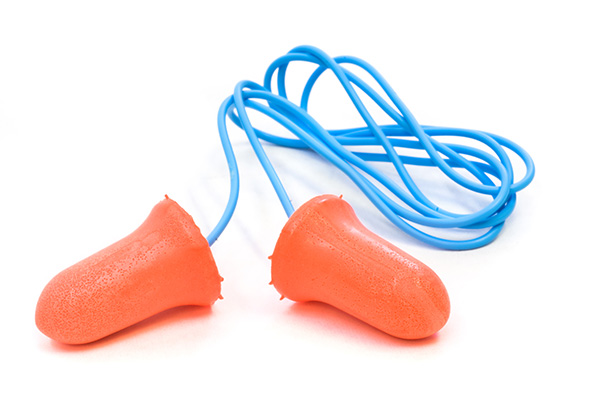Hearing Aid Features That Actually Matter
Modern hearing aids offer a variety of features, but you may not know
Your Best Hearing, Your Best Life.


Modern hearing aids offer a variety of features, but you may not know

Hearing aid technology is moving forward quickly, bringing real

Hearing aids today are designed to do more than simply make sounds louder.